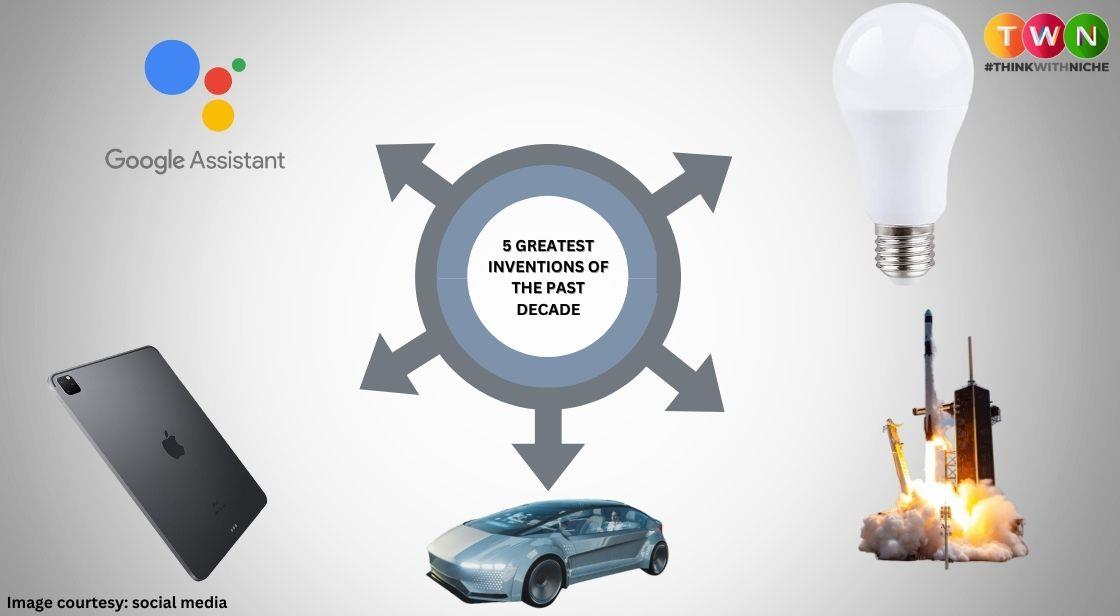How Technology Can Empower the Indian MSME Landscape
Small and medium-sized businesses What do MSMEs mean? These are essential in India for creating low-cost employment opportunities, addressing regional disparities, and encouraging industrialization in rural areas.
Thanks to digital initiatives brought about by cutting-edge technology like artificial intelligence, data analytics, and machine learning, almost all sectors in India are going through a tremendous transition.
Every element of society has been significantly impacted by technology, including the economy, companies, and industries. Technology is playing a big role in the significant changes that the world economy is going through. Most industries and all facets of the economy are significantly impacted by technology, and businesses and organizations continue to grow rapidly. Implementing these
Technologies are rewriting the book on business, which is fundamentally altering how businesses operate. Today's organizations cannot function without the aid of technology, which has a big impact on how Micro Small and Medium scale Businesses operate.
How Technology Can Empower the Indian MSME Landscape
All economies are considered to require it for their survival and expansion. MSMEs are grabbing people's attention in developed, developing, and transitional nations. It is commonly recognized that MSMEs, particularly in India, contribute significantly to the revitalization and expansion of many countries' economy. It encourages the growth of MSMEs and the part that the MSME sector may play in fostering social and economic development by presenting employment possibilities. In order to advance the state of technology in MSMEs, several measures should be done to address the numerous variables that influence technological growth in MSMEs, including the role of the entrepreneur, government regulations, organizational culture, and technological infrastructure capabilities.
MSME Definition
Any nation's economic growth is driven by MSME's. They are crucial for creating competitiveness and employment in a nation, serve as a significant source of jobs, and encourage an entrepreneurial spirit. The Micro, Small, and Medium Enterprises Development (MSMED) Act of 2006 establishes the definition of Micro, Small, and Medium Enterprises (MSME).
However, the Ministry of Micro, Small, and Medium Enterprises recently amended the MSME categorization under the Aatmanirbhar Bharat Abhiyan (ABA) by adding a composite criterion for both investment in plant and machinery and annual turnover of businesses in its notice dated June 1, 2020. Furthermore, the prior MSME definition no longer makes a distinction between the manufacturing and service industries. Sector equality will be the effect of this removal.
Classification Of MSMEs
Manufacturing Enterprises and Enterprises rendering Services
Micro -Investment
in P&M/Equipment not more than INR 1 crore and Annual Turnover not more
than INR 5 crores.
Small- Investment
in P&M/Equipment not more than INR 10 crores and Annual Turnover not more
than INR 50 crores.
Medium- Investment in P&M/Equipment not more than INR 50 crores & Annual Turnover not more than INR 250 crores
Micro, Small and Medium Enterprises in India
MSMEs made up 22.63 million in India, or 48% of the country's total manufacturing output of more than 13.7 million metric tonnes. MSMEs have tiny organizational structures, low capital needs, and low skill requirements. Less than ten people work in micro-scale units, with about three people working in half of these units. The typical worker strength in medium-scale units is between 20 and 40 workers, and there are more than 10 workers per unit.
The majority of MSMEs employ fewer than 20 people on average, and this is true of these businesses. Over 11.6 million of the total units were working in manufacturing, while 5.6 million were engaged in trading.
The Future of the Indian MSME Landscape
Larger financial institutions and larger business houses have a chance to use MSMEs to expand their earning potential through new distribution channels thanks to the shifting dynamics of the digital economy and the march toward cashless transactions.
According to a recent analysis by HDFC Ergo (About Ergo Group), a market of 10.7 million MSMEs is about to undergo a transition as a result of the digital economy's significant benefits for MSMEs and SMEs.
The good news is that MSMEs are aware of how technology will give them new avenues for funding and a more favorable trajectory for business expansion.




